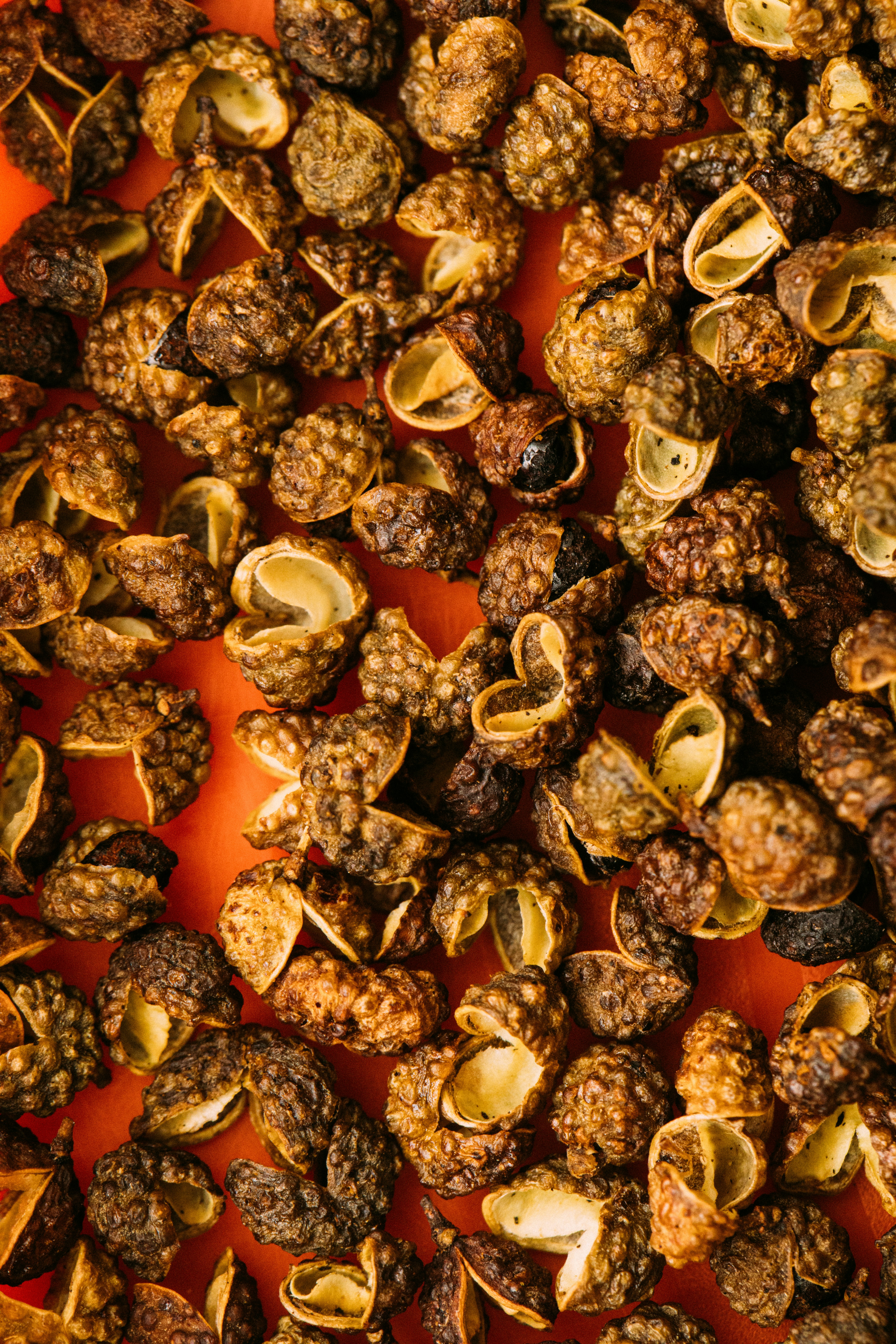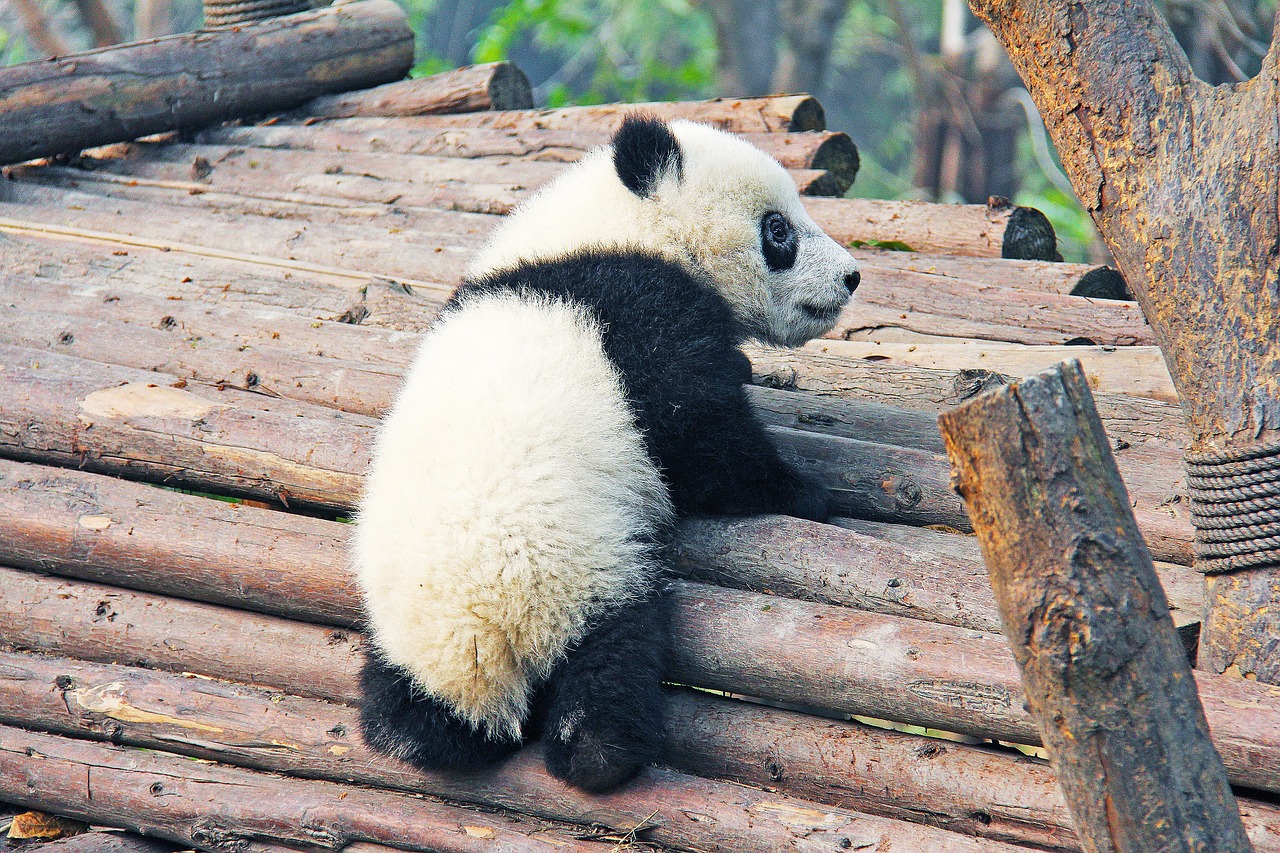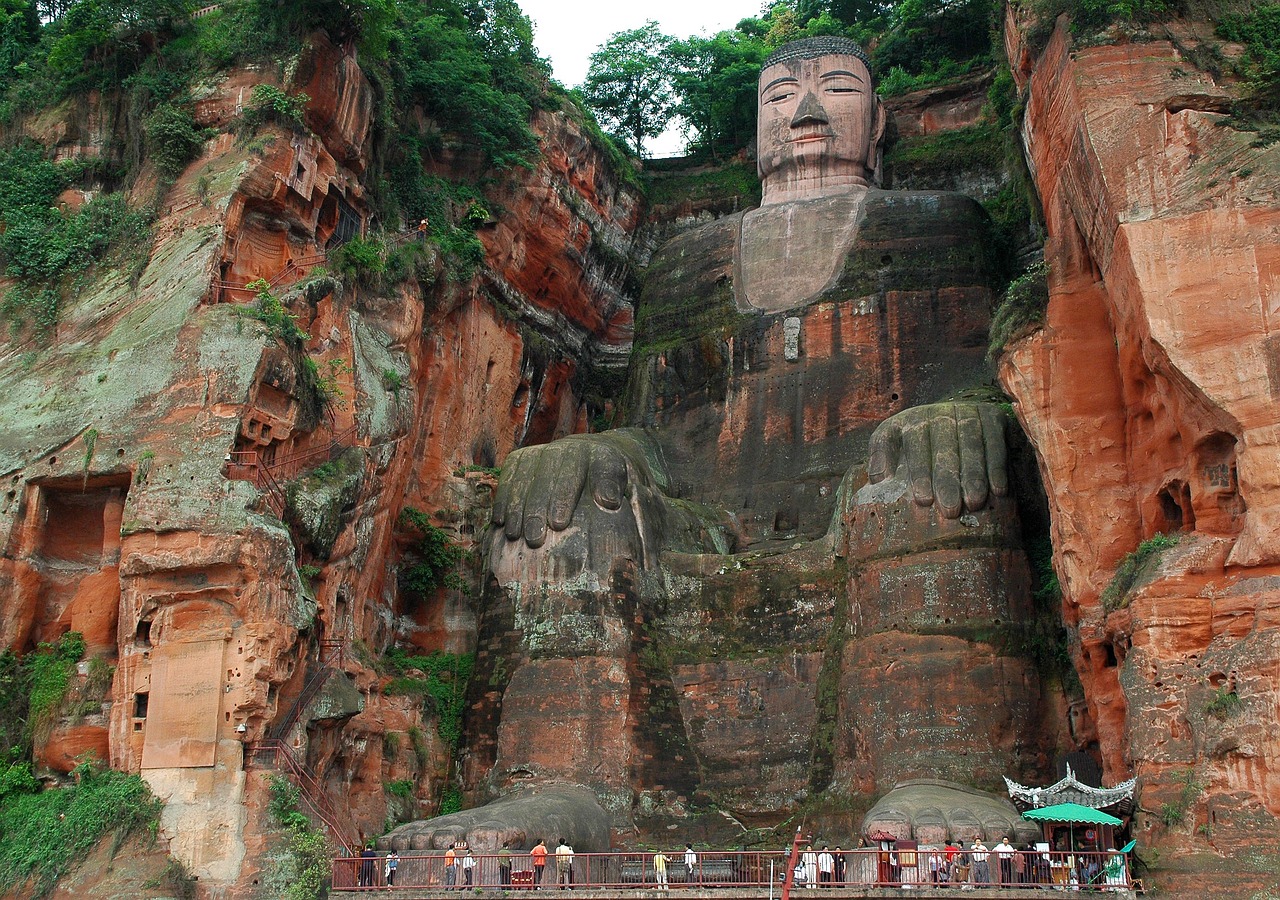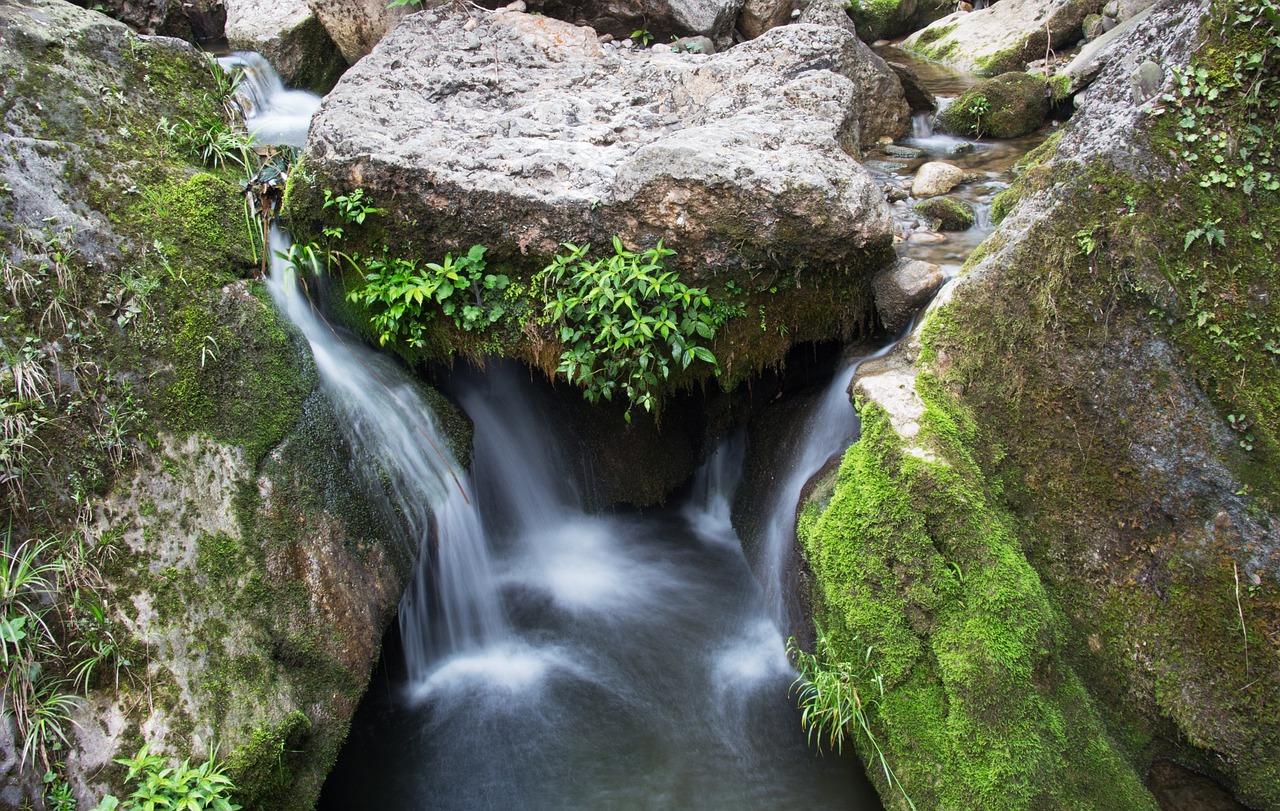240-Hour Visa-Free Sichuan Itinerary
Fiery cuisine, adorable pandas, stunning landscapes, and rich cultural heritage.
Sichuan: Where Spice Meets Splendor
A 240-hour odyssey through Sichuan, China’s “Land of Abundance.” From the fiery flavors of Chengdu to the celestial beauty of Mount Emei, this tour will immerse you in a world of culinary delights, natural wonders, and cultural treasures.
Sichuan: A Tantalizing Tapestry of Flavors and Sights
Sichuan, known for its bold and spicy cuisine, is also a land of diverse landscapes, from misty mountains to bamboo forests. Home to the giant panda and a rich cultural heritage, Sichuan offers a unique blend of natural beauty, historical significance, and culinary excellence.

💡 Sichuan Trivia: The Sichuan peppercorn, which creates the famous “numbing” sensation in Sichuan cuisine, is actually not related to black pepper or chili peppers. It’s the dried berry of a type of ash tree!
Your 240-Hour Sichuan Itinerary
Day 1-3: Chengdu - Spice and Pandas

Begin your journey in Chengdu, Sichuan’s capital, known for its laid-back vibe, spicy cuisine , and as the home of the giant panda.
Must-Visit Sites:
- Chengdu Research Base of Giant Panda Breeding: Get up close with China’s national treasure
- Jinli Ancient Street (锦里古街): Experience traditional Sichuan culture and snacks
- Wenshu Monastery (文殊院): Sichuan’s best-preserved Buddhist temple
- Sichuan Opera: Enjoy a performance featuring the famous ‘face-changing’ act.
Where to Stay:
Explore Chengdu near Panda Base with:
Must-Try Dishes:
- Mapo Tofu (麻婆豆腐): Spicy tofu dish with minced meat
- Kung Pao Chicken (宫保鸡丁): Diced chicken with peanuts and vegetables
- Hongyou Chaoshou (红油抄手): Wontons in spicy red oil
💡 Spice Management Tip: Start with milder dishes and work your way up. The combination of heat and the numbing effect of Sichuan peppercorns can be intense for newcomers!
Day 4-6: Leshan and Mount Emei - Giants and Celestial Beauty

Next, head to Leshan and Mount Emei , where natural beauty meets spiritual significance.
Must-Visit Sites:
- Leshan Giant Buddha (乐山大佛): The world’s largest stone Buddha statue
- Mount Emei (峨眉山): One of the Four Sacred Buddhist Mountains of China
- Baoguo Temple (报国寺): The largest temple at the foot of Mount Emei
Where to Stay:
Explore Leshan and Mount Emei with:
Must-Try Dishes:
- Dongpo Pork (东坡肉): Braised pork belly named after the famous poet Su Dongpo
- Emei Mountain Vegetarian Dishes (峨眉山素斋): Try the Buddhist vegetarian cuisine
- Leshan Sweet Skin Duck (甜皮鸭): A local specialty
Day 7-10: Dujiangyan and Qingcheng Mountain - Engineering Marvel and Taoist Sanctuary

Finish your journey at Dujiangyan and Qingcheng Mountain, exploring ancient engineering and Taoist culture.
Must-Visit Sites:
- Dujiangyan Irrigation System: A 2,000-year-old engineering marvel
- Mount Qingcheng: One of the birthplaces of Taoism
- Tianshi Cave: A significant Taoist site on Qingcheng Mountain
Where to Stay:
Explore Dujiangyan and Qingcheng Mountain with:
Must-Try Dishes:
- Qingcheng Mountain Farmhouse Cuisine (青城山农家乐): Fresh, locally-sourced dishes
- Dujiangyan Boiled Fish (水煮鱼): A less spicy version of the famous Sichuan dish
- Taoist Vegetarian Dishes (道家素斋): Unique flavors from Qingcheng Mountain
Sichuan Adventure Guide
- Spice Tolerance: Build your spice tolerance gradually. Always have some cooling drinks on hand.
- Altitude Awareness: Mount Emei rises to 3,099 meters. Take it easy and stay hydrated.
- Respect Sacred Sites: Many locations are active religious sites. Dress modestly and be respectful.
- Wildlife Ethics: When visiting panda bases, follow all guidelines to ensure the animals’ wellbeing.
- Tea Culture: Sichuan is famous for its tea houses. Take time to experience this local tradition.
📝 Final Tips for Your 240-Hour Sichuan Adventure
- Learn Key Phrases: “Là” (辣) means “spicy”. “Bú là” (不辣) means “not spicy” - a useful phrase in Sichuan!
- Timing is Everything: Spring and autumn offer the most comfortable weather for exploring.
- Stay Hydrated: Sichuan cuisine can be quite oily and spicy. Drink plenty of water or tea.